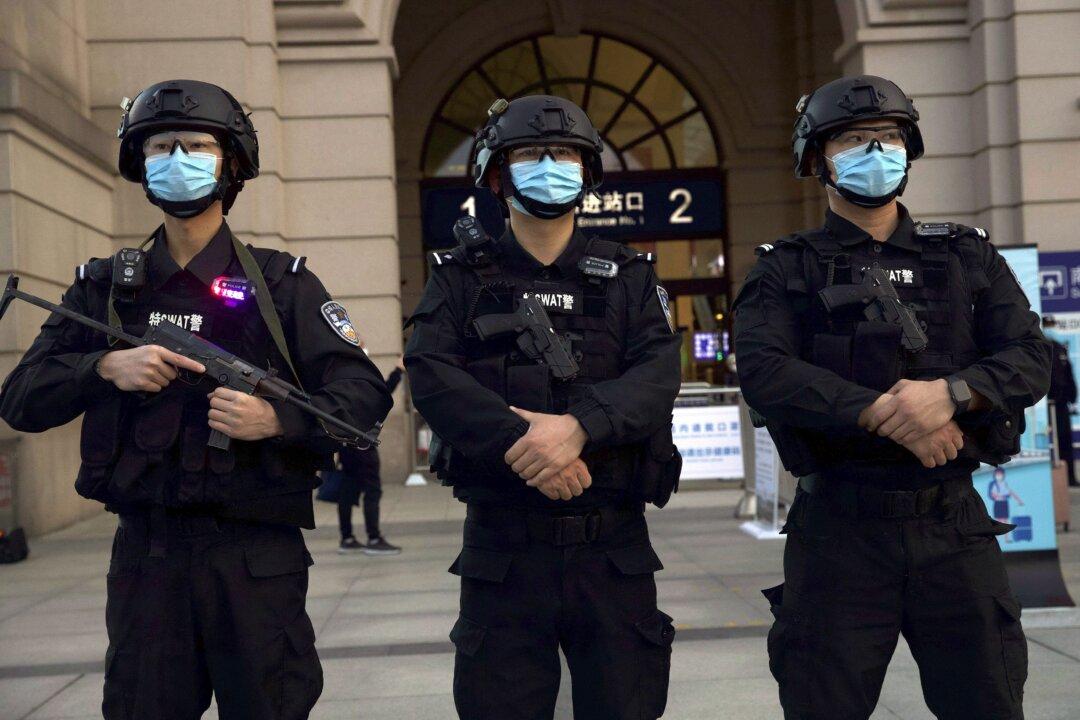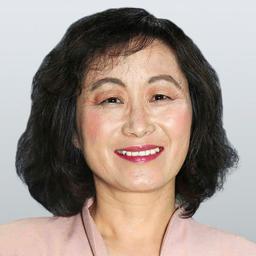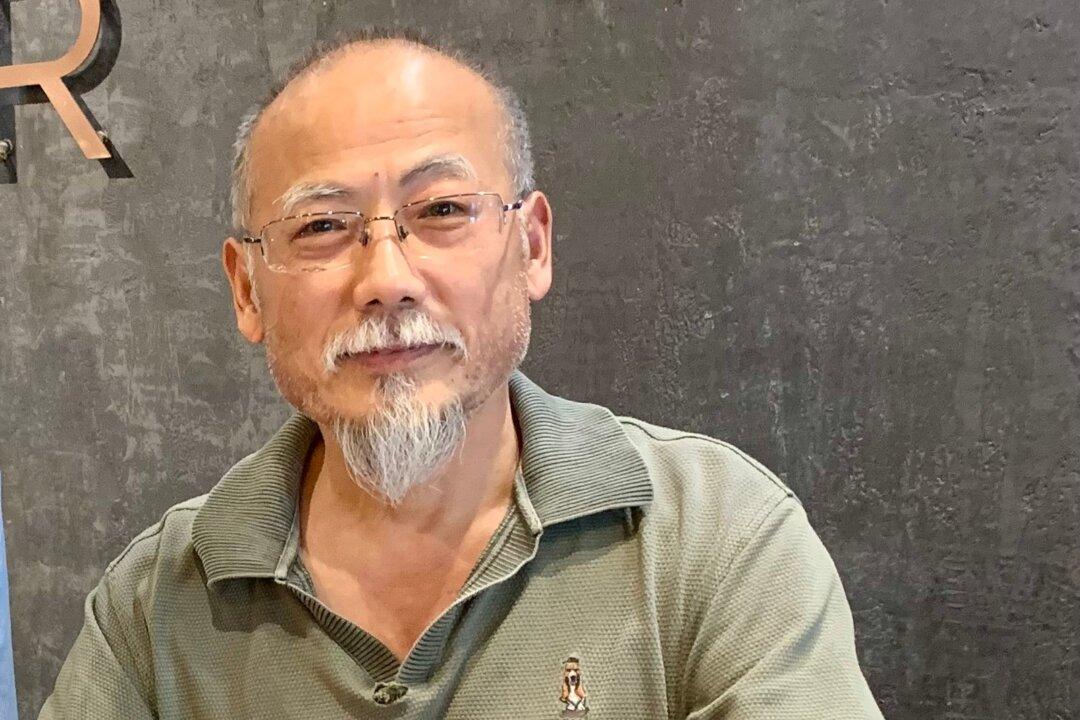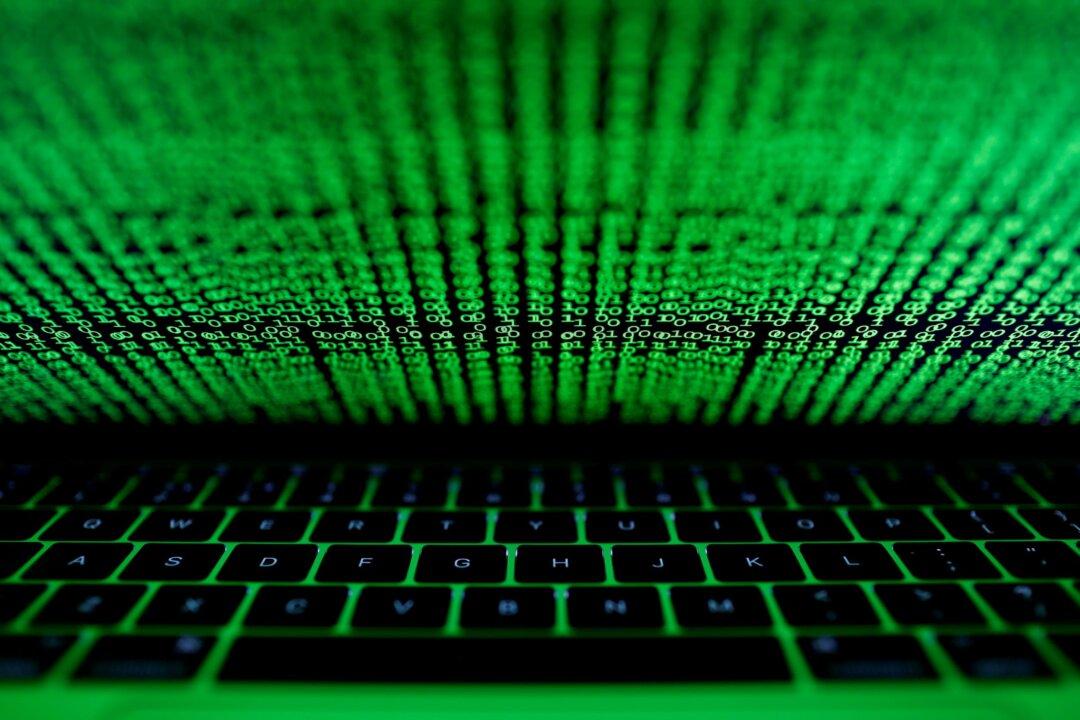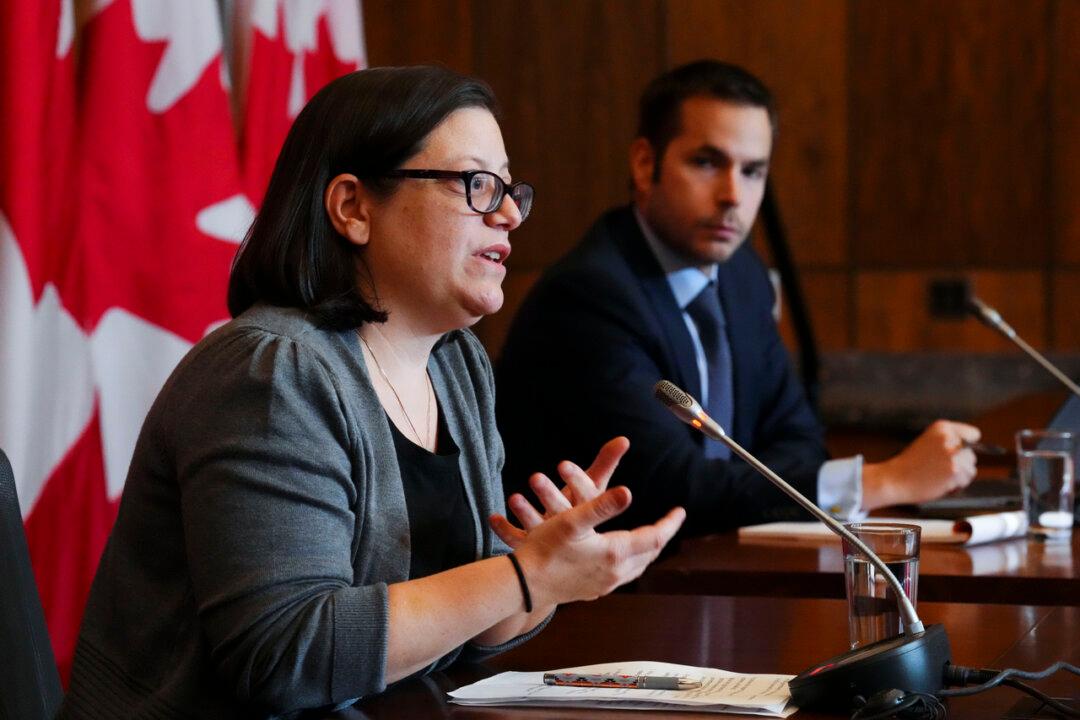The Chinese people could see early on that there was a coverup around the virus outbreak in Wuhan, and would want the Beijing regime held accountable for the virus that went on to spread around the world, says a China analyst based in California.
“Accountability—that voice was first clearly heard from the Chinese people themselves. The Chinese people clearly knew at that time that [the coverup] was the fundamental factor that caused the pandemic to become so large,” said Xiao Qiang, a research scientist at the School of Information at the University of California, Berkeley.
Xiao, also the founder of China Digital Times, a website that monitors Chinese internet controls, said he and his staff began following Chinese social media closely in early January after news emerged of the virus outbreak and found that many people were expressing anxiety and looking for help, but there was a complete lack of information from Beijing.
“Despite early evidence of human-to-human transmission when the medical workers became infected, this information did not get to the public for weeks,” he said.
Xiao made his comments during an online panel discussion held June 9 titled “China at a Crossroads: Standing Up for Human Rights During the Pandemic,” which included speakers from Canada, the United States, Australia, and Hong Kong.
Xiao elaborated on the Chinese Communist Party’s complicity in the spread of the virus by covering up information about it after it emerged in Wuhan, including the suppression of information and the arrest and disappearance of doctors, journalists, and dissidents who tried to blow the whistle.
He listed the names of several medical workers and others who tried to get the word out about the virus outbreak but were silenced by the regime.
“The Chinese government censored public information online … and censored public health information online. Local authorities delayed and concealed information from the public,” he said.
He said the World Health Organization’s Jan. 14 tweet that that a preliminary investigation conducted by the Chinese authorities had found no clear evidence of human to human transmission of the virus “simply compounded the Chinese government’s official narrative and misinformation, allowing this lethal outbreak to sweep across the globe.”
“WHO failed in its responsibility to vet the information from the Chinese authority,” he said, adding that information related to the outbreak continued to be suppressed inside China during that time.
“Any information about government credibility, the false numbers, Wuhan’s real death toll, the origin of the virus, and anything that is different from the government’s narrative again and again were suppressed. People who spoke out were arrested or silenced.”
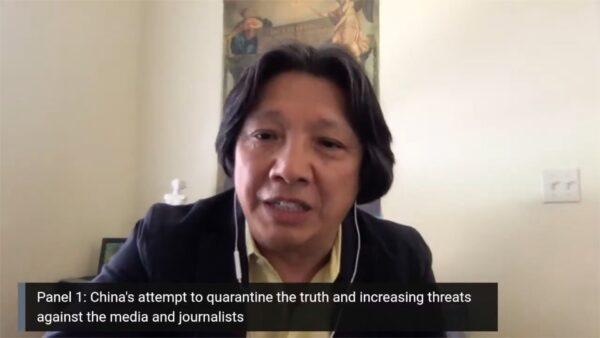
‘Culture of Corruption And Criminality’
Former Canadian justice minister and attorney general Irwin Cotler said Beijing’s arrest of whistleblowers and its coverup and misinformation surrounding the pandemic is an example of “another assault on the rules-based international order” similar to its encroachments in Hong Kong.“Beijing’s proposal to impose national security legislation on Hong Kong in the aftermath of the arrest of 15 pro-democracy activists and [one current and nine former] legislators constitutes yet another frontal assault on the rule of law, the politicization of fundamental freedoms protected under Hong Kong’s basic law, and politicized prosecutions under the cover of the pandemic,” said Cotler.
Cotler, now the chair of the Raoul Wallenberg Centre for Human Rights, which organized the forum in collaboration with its partners, said Hong Kong’s media runs the risk of persecution and prosecution under the controversial national security legislation, which constitutes a breach of the Sino-U.K. declaration, an international treaty.
He pointed to the “culture of corruption and criminality” of the Beijing regime and how its handling of the pandemic has not received the “notice or outrage” that it warrants from the international community.
As well as the Chinese Communist Party’s assault on democracy in Hong Kong, Cotler noted the incarceration of Uighur Muslims in concentration camps, the suppression of democracy activists in China, the regime’s menacing threats toward Taiwan, the repression and displacement of Tibetans, and the persecution campaign against Falun Gong adherents, now ongoing for two decades.
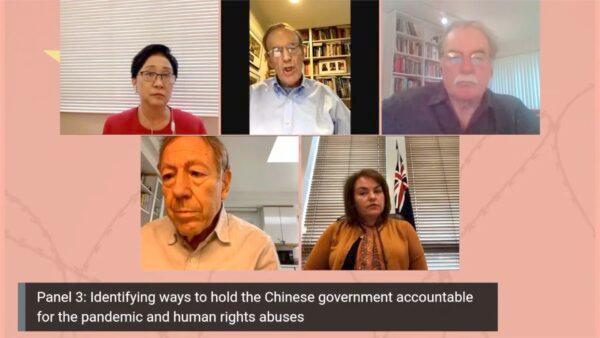
‘Aggressive International Activity’
Carl Gershman, president of the National Endowment for Democracy in Washington, D.C., described the pandemic as a “catastrophe that’s sweeping the world” which could have been far less devastating if not for the coverup, citing a study by the University of Southampton.Released on March 11, the study found that if “non-pharmaceutical interventions—such as early detection, isolation of cases, travel restrictions and cordon sanitaire ... could have been conducted one week, two weeks, or three weeks earlier, cases could have been reduced by 66 percent, 86 percent and 95 percent, respectively—significantly limiting the geographical spread of the disease.”
“Had [Beijing] acted just three weeks sooner, the number of COVID cases might have been reduced by 95 percent which would have prevented a pandemic,” Gershman said.
He also noted the regime’s lack of remorse over the pandemic and its consequences. In fact, he said, Beijing “has used the pandemic as a coverup to engage in more aggressive international activity,” such as interfering in the internal affairs of the Hong Kong.
“They did this because they thought the United States and others were so preoccupied with this virus that they created that gave them the freedom to behave in this aggressive way,” he said.
“And of course it’s also been bullying, with its aggressive wolf-warrior diplomats, threatening a boycott of Australian beef and wine after Australia called for an independent international investigation of the origins of the virus.
“So instead of showing remorse and cooperating, they are behaving in a much, much more bullying and aggressive way than ever before, because they think that the world is incapable of responding to them because of the virus.”
Gershman described the Chinese Communist Party (CCP) as “deeply insecure.”
Standing up to Chinese Regime
Cotler said the governments of Western democracies “have been unduly indulgent, acquiescent, turning a blind eye” to the Chinese regime’s disregard for human rights and the rule of law, and the time has come for that to end.“Frankly, they have been able to not only continue their repression, but to do so with impunity. The time has come for justice and accountability,” he said.
He noted the recent establishment of an inter-parliamentary alliance on China—parliamentarians from nine global parliaments who have come together to “mobilize a constituency of conscience” for the protection of a rules-based international order—but said more is needed.
“Understand that what we’re dealing with here is a predatory regime that is engaged in both the massive repression of its own citizens and the export of its aggression abroad,” he said.
“And that’s why we need a coalition of governments coming together—not just an alliance of parliamentarians, but an alliance of governments who these parliamentarians represent—so that we can have, at this point, an alliance of the community of democracies at the governmental level, joined with the parliamentarians and civil society, to hold the Beijing regime to account.”
- A U.N. Special Envoy to protect the rights and freedoms of the Hong Kong people.
- The need to hold the CCP accountable for the incarceration of over one million Uighurs.
- End the persecution of Falun Gong adherents and “the criminalization in an ongoing way of their belief system, of their belief in truthfulness, compassion, and tolerance,” Cotler said. “Falun Gong adherents have been the primary victims of illegal organ harvesting,” he noted, which a China Human Rights Tribunal under the chairmanship of Sir Geoffrey Nice “referred to as crimes against humanity being committed against Falun Gong and others that have been the targets, and this has included the Uighurs here as well.”
- End the displacement and repression of Tibetans and the menacing of Taiwan.
- Hold Beijing accountable for its restrictions on media freedom.
- Protect the integrity of international institutions that are subjected to increasing influence by Beijing, be it the World Health Organization, World Bank, World Trade Organization, U.N. Human Rights Council, and others.
- Impose targeted Magnitsky sanctions on human rights violators to protect the people of Hong Kong and others under assault.
- Establish an impartial, comprehensive investigation of the CCP’s responsibility for the spread of the pandemic.
